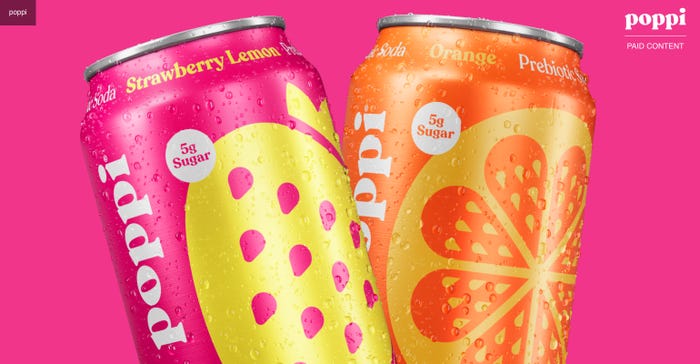How Nature's Path is turning its ambitious sustainable packaging vision into a realityHow Nature's Path is turning its ambitious sustainable packaging vision into a reality
The brand has committed to using 100% reusable, recyclable or compostable packaging by 2025. Here are the first steps it's taking toward this goal.
November 19, 2019

Nature’s Path has committed to making all of its packaging reusable, recyclable or compostable by 2025, and was a founding brand partner with Loop, the reusable packaging program that launched earlier this year. Bold visions require aggressive action plans—so what is Nature’s Path doing now to help it successfully achieve its goals in the near future? New Hope Network caught up with the company’s sustainability manager, Manuel Gorrin, on some of the changes they’ve already implemented. Here are the highlights:
Packing product more efficiently: The company’s bag-in-box efficiency projects reduced packaging by 10% just by making its boxes thinner and shorter, with the same amount of product inside.
Same principle for granola bars: Same product volume in less packaging reduced packaging by 10%.
Eliminate the box entirely: EcoPacs use up to 66% less packaging by avoiding the cardboard. The bags are recyclable where film recycling is an option.
Slip sheet standardization, referring to the paper sheets that cover the top of a pallet: “Rather than purchase a variety of sizes, some of which are too large to cover the pallet, we can bulk order one slip sheet size that fits our pallets and save paper,” said Gorrin.
Pallet optimization: The company increased the number of cases of Que Pasa Tortilla Chips that get packed onto each pallet from 30 to 35—increasing pallet efficiency by 17%, and reducing the number of truck loads and carbon emissions by 20 metric tons.
Looking toward the future, Gorrin said Nature’s Path, as an organic food company, would choose compostable packaging as its first option if it could. But so far, it has found that existing compostable films won’t keep its breakfast foods fresh long enough; and most composting infrastructure doesn’t even accept these types of packages, at least currently. “That said, we’re eager to keep track of the evolving world of compostable plastics and the composting industry,” he said.
In the meantime, the company is working toward fully recyclable plastic packaging. “As part of our 2025 packaging commitment, we’re currently testing new packaging options such as reusable (LOOP) and compostable, with OSC2 Sustainable Packaging Collaborative in the U.S.,” he said.
As for the future of its partnership with LOOP, the company is planning to expand the program to Toronto in early 2020.
About the Author
You May Also Like





